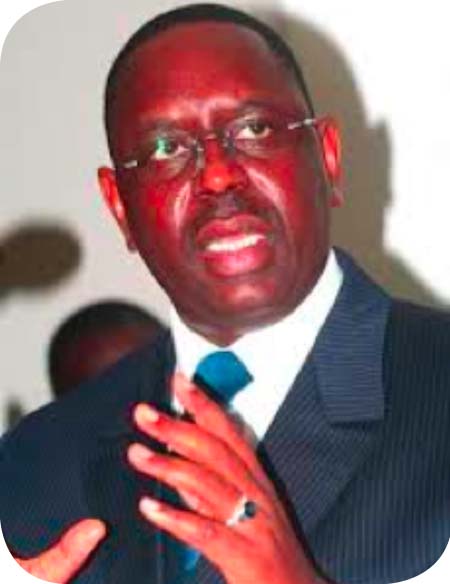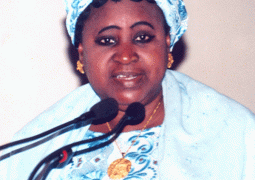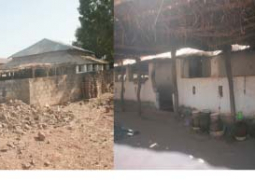
At
least hundreds of Senegalese voters were prevented from casting their ballots
in parliamentary elections on Sunday because of delays in issuing identity
cards, voters and officials said.
In
an embarrassing turn for one of West Africa’s most stable democracies, voters
were left off voting lists at polling stations or told they did not have the
right documents to vote.
Opposition
leaders have criticized President Macky Sall for trying to stamp out political
opposition in a contentious campaign.
Political
demonstrations in Dakar are routinely halted by a heavy police presence and the
liberal use of tear gas. And Khalifa Sall, the popular mayor of the capital,
Dakar, and one of Sall’s main competitors, was jailed in March for embezzling
public funds, charges that Sall says are politically motivated.
The
central problem in Sunday’s vote was the delay in issuing biometric identity
cards. Interior Minister Abdulaye Daoudada Diallo said early last week that 30
percent of the cards had still had not been distributed.
That
caused an outcry from opposition politicians and voters who had spent weeks
trying to obtain the new cards so they could vote. Sall asked the
constitutional council to let voters use their card registration receipts and
passports.
But
voters at a polling station in the Point E area of Dakar found that those
documents were not enough.
“I
was registered in the list to vote, but I don’t have my up-to-date voting card,
so I can’t exercise my right to vote,” said Imam Diallo, a 20-year-old footballer
who had his I.D. card registration receipt.
About
10 others said they were unable to vote for the same reason. Local radio
stations said that thousands of Senegalese were turned away.
“What
happened is a shame for a country like Senegal that has been voting since
1848,” said Abdoulaye Wade, the 91-year-old former President and opposition
candidate, who had returned from France to take part in the elections.
Serigne
Babacar Kane, Dakar’s top administrative prefect, told Reuters that voters needed
to get their registration receipts verified and stamped by local officials
beforehand, though many said they were unaware of this. He was unable to say
how many people could not vote.
President
Sall, who has prided himself on advancing transparency and stable, progressive
democracy in Senegal since his election victory in 2012, welcomed the “smooth
running” of the elections, he said, after casting his vote on Sunday.
“I
hope that people will vote calmly and return home calmly,” he said.
Source:
Reuters (Dakar)



